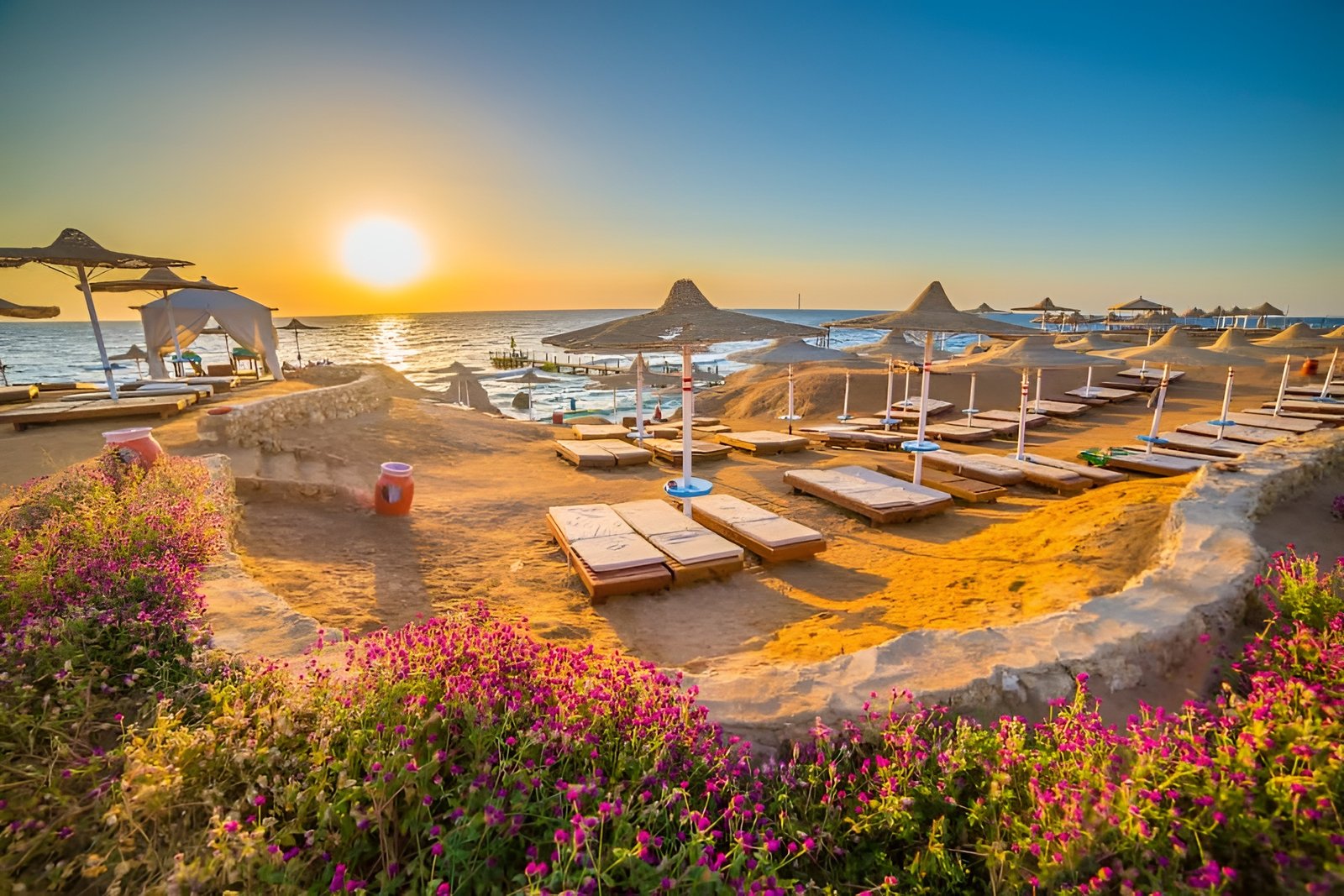Egypt is officially referred to as the Arab Republic of Egypt and is a country that straddles both the African as well as the Asian continents. It has a population of more than one hundred and thirty million people making it among the most populated in the Arab region. Egypt is famous for its ancient history that has become the cradle of the three great world civilizations, the Pyramids, the Sphinx and many other historical monuments and artifacts discovered along the Nile. Cairo, its crowded capital, is a city of art and richness with various buildings and bazaars.

Egypt Tourism: Getting to know the Egypt visa requirements is very important for anyone planning to visit this country. For the purpose of sightseeing or business, leisure or culture, the first thing to do is to make sure you get the correct visa for your trip. Egypt’s visa regime is quite liberal with many nationalities being able to get an e-visa or get a visa on arrival and therefore it has never been easier to visit this ancient country.
Some of the 5 Interesting Facts About Egypt are as follows
1. Home of the World’s Oldest Dress

Fashion history is another aspect of Egypt that many people are not aware of but indeed the country is famous for fashion. The Tarkhan dress found in a 5000 years old Egyptian tomb is known to be the oldest woven garment in the world. This dress is made of linen and has been dated back to the first Dynasty of Egypt, 3000 B.C. Its discovery indicates that the ancient Egyptians had a great knowledge of textile work and belonged to the first civilization to create quality garments.
2. The Nile River flows from south to north of the continent of Africa.

Among all the geographical characteristics of Egypt, it is worth mentioning the Nile River which flows from south to north. This is very strange because most of the rivers flow in the South or East direction. The Nile is the longest river globally, with a length of more than 6,650 km and has been the source of water for Egypt for millennia.
3. Egyptians Invented Paper from Papyrus
The ancient Egyptians were pioneers in the development of early writing materials. Papyrus, a reed plant that grows along the Nile River, was used to create paper-like sheets for writing. This invention played a crucial role in recording and preserving Egyptian history, religious texts, and administrative documents.
Papyrus was made by cutting the plant into thin strips, soaking them in water, and then pressing the strips together to form sheets. These sheets were durable and flexible, allowing for extensive use. The invention of papyrus revolutionized record-keeping, and Egypt became a major hub for written knowledge, influencing civilizations that came after.
4. Ancient Egyptians Loved Cats
Cats held a special place in ancient Egyptian society. The Egyptians believed cats were magical creatures capable of bringing good fortune to their owners. They were so revered that killing a cat, even accidentally, was punishable by death. Cats were often depicted in Egyptian art, symbolizing grace, fertility, and protection.
The goddess Bastet, who had the body of a woman and the head of a lioness or domestic cat, was one of the most revered deities in ancient Egypt. She was the goddess of home, fertility, and domesticity, and she protected households from evil spirits and disease. Because of this divine connection, many Egyptians kept cats in their homes and even mummified their beloved pets to be buried with them.
5. The Pyramids Are Not the Only Architectural Marvels
While the Pyramids of Giza are undoubtedly Egypt’s most famous architectural achievement, they are far from the only remarkable structures the country has to offer. The Temple of Karnak in Luxor, for example, is one of the largest religious complexes in the world. It was built over several centuries and dedicated to the worship of the god Amun, his wife Mut, and their son Khonsu. The complex includes massive columns, towering obelisks, and intricately carved statues.
Another fascinating site is Abu Simbel, a temple complex built by Pharaoh Ramses II. The temples were carved directly into a mountainside and were relocated in the 1960s to avoid being submerged by the rising waters of Lake Nasser. The statues of Ramses II at Abu Simbel are colossal, standing over 60 feet tall, and are a testament to the engineering genius of ancient Egypt.
Conclusion
Egypt is a land of incredible history, culture, and innovation. From the invention of paper to the creation of awe-inspiring monuments, the ancient Egyptians left an indelible mark on the world. These five interesting facts barely scratch the surface of what makes Egypt so unique. Whether you’re planning to visit or simply want to learn more, the wonders of Egypt are sure to captivate your imagination.
By exploring Egypt’s rich past, travelers can gain a deeper understanding of one of the oldest and most influential civilizations in history. So, if you’re considering a trip to Egypt, prepare to be amazed by the stories that lie within its borders.



